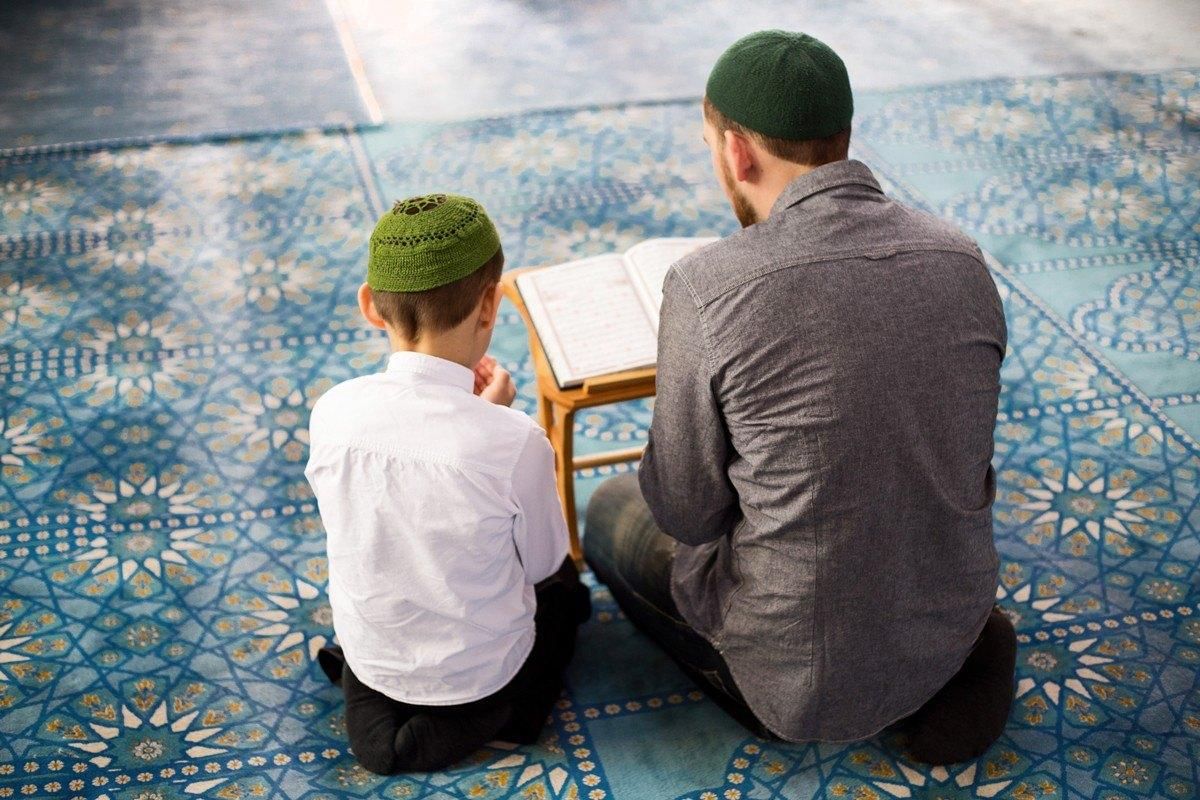- +201040914066
- info@quraaany.com


Dua for parents is a heartfelt plea for the well-being and happiness of our beloved guardians.
In many cultures, particularly in Islam, parents hold a revered position, and acknowledging their sacrifices is essential.
The act of making dua, or supplication, reflects our gratitude and love for them. Through these prayers, we seek blessings for their health, prosperity, and peace of mind. It serves as a reminder of the special bond we share and our responsibility to honor and care for them. In their moments of need, our duas can be a source of comfort, strength, and divine intervention in their lives.
dua for parents
In Islam, parents hold a special place in the hearts of believers. They are revered for their sacrifices and are considered a source of immense blessings. As a token of gratitude and respect, Muslims are encouraged to make dua for their parents, or supplication, for their parents. This practice is deeply rooted in Islamic teachings and is considered a fundamental aspect of faith.
The Quran emphasizes the importance of honoring parents, stating:
وَقَضَىٰ رَبُّكَ أَلَّا تَعْبُدُوا إِلَّا إِيَّاهُ وَبِالْوَالِدَيْنِ إِحْسَانًا ۚ إِمَّا يَبْلُغَنَّ عِندَكَ الْكِبَرَ أَحَدُهُمَا أَوْ كِلَاهُمَا فَلَا تَقُل لَّهُمَا أُفٍّ وَلَا تَنْهَرْهُمَا وَقُل لَّهُمَا قَوْلًا كَرِيمًا
And your Lord has decreed that you worship none but Him and that you be dutiful to your parents. (israa, 17:23).
This verse highlights the profound connection between worshiping Allah and honoring one’s parents. By making dua for our parents, we are not only expressing our love and gratitude but also fulfilling a divine commandment.
Dua for parents is not limited to their lifetime; it extends beyond the grave. Muslims believe that their actions can have a positive impact on the afterlife of their parents. By seeking forgiveness and blessings for them, children can contribute to their parents’ eternal happiness.

Read More: Dua for Pain Relief: Seeking Comfort Through Prayer
Examples of dua for parents
Muslims have a rich tradition of making dua for parents, or supplication, for their parents. There are numerous duas that can be recited to seek blessings, forgiveness, and mercy for parents. Some common examples include:
A general supplication for parents
ربنا اغفر لى ولوالدي وللمؤمنين يوم يقوم الحساب.
Our Lord, forgive me and my parents and the believers on the Day when the account is established.
This dua for parents seeks forgiveness for oneself, one’s parents, and all believers.
A dua for the deceased parents
اللهم اغفر لي ولوالدي وارحمهما كما ربيانى صغيراً.
O Allah, forgive me and my parents and have mercy upon them as they reared me when I was small.
This dua specifically asks for forgiveness and mercy for deceased parents.
A dua for the well-being of living parents
ربى ارحمهما كما ربيانى صغيراً.
O Allah, have mercy upon them as they reared me when I was small.
This dua for parents seeks Allah’s mercy and blessings for living parents.
A dua for gratitude towards parents
ربي لك الشكر والحمد.
O my Lord, indeed for You is all praise and thanks.
This dua expresses gratitude to Allah for the blessings of one’s parents.
How do we deal with Islam on obedience to parents?
Islam places immense importance on honoring and obeying one’s parents, This obligation is deeply rooted in Islamic teachings and is considered a fundamental pillar of faith. The Quran and the Sunnah of the Prophet Muhammad (peace be upon him) provide clear guidelines on how to fulfill this duty.
The Quranic Mandate
The Quran explicitly commands Muslims to be dutiful to their parents, Allah says in Surat Al-Isra:
وَقَضَىٰ رَبُّكَ أَلَّا تَعْبُدُوا إِلَّا إِيَّاهُ وَبِالْوَالِدَيْنِ إِحْسَانًا ۚ.
And your Lord has decreed that you worship none but Him and that you be dutiful to your parents. (17:23).
The Sunnah of the Prophet
The Prophet Muhammad (peace be upon him) emphasized the importance of parental obedience through his words and actions.
He taught that Paradise lies at the feet of mothers, highlighting the special place that mothers hold in Islam, The Prophet also encouraged his followers to treat their parents with kindness, respect, and compassion.
Practical Applications
To fulfill the obligation of parental obedience, Muslims should strive to:
- Be patient and tolerant: Parents may have different perspectives or make mistakes, but it is important to be patient and tolerant.
- Show gratitude: Expressing gratitude for the sacrifices that parents have made is essential.
- Seek forgiveness: If one has wronged their parents, it is important to seek their forgiveness.
- Continue to show respect even after their passing: This can be done by praying for them, visiting their graves, and upholding their good name.
Balancing Obedience with Personal Beliefs
While it is important to honor one’s parents, it is equally important to remember that obedience to Allah always takes precedence.
If a parent asks a child to do something that is against Islamic teachings, the child should respectfully refuse.
However, this should be done with wisdom and tact, taking into account the parents’ feelings and circumstances.
Hadiths About Parents
Islam places a great emphasis on honoring one’s parents. The Prophet Muhammad (peace be upon him) said:
الجنة تحت اقدام الامهات.
Paradise lies at the feet of mothers.
This famous hadith highlights the immense importance of mothers in Islam. These hadiths, among many others, underscore the profound respect and care that Muslims are expected to show towards their parents, and the Quran said:
وَقَالَ رَبُّكُم ألَا تَعْبُدُوا إِلَّا إِيَّاهُ وَبِالْوَالِدَيْنِ إِحْسَانًا.
(And your Lord has decreed that you worship none but Him and that you be dutiful to your parents.) 1 (Quran, 17:23)

The importance of obeying parents
Islam places immense importance on honoring and obeying one’s parents. This obligation is deeply rooted in Islamic teachings and is considered a fundamental pillar of faith, The Quran and the Sunnah of the Prophet Muhammad (peace be upon him) emphasize the significance of filial piety, By obeying their parents, Muslims not only fulfill a divine commandment but also cultivate important virtues such as patience, respect, and gratitude.
This act of obedience is seen as a direct path to Allah’s pleasure and a means of earning His blessings. Parents are seen as a source of blessings, and their happiness is considered a key to the child’s own success in this life and the hereafter.
Dua for parents is a powerful way to express gratitude and seek blessings. It strengthens our bond with them and encourages us to honor and respect their sacrifices throughout our lives.